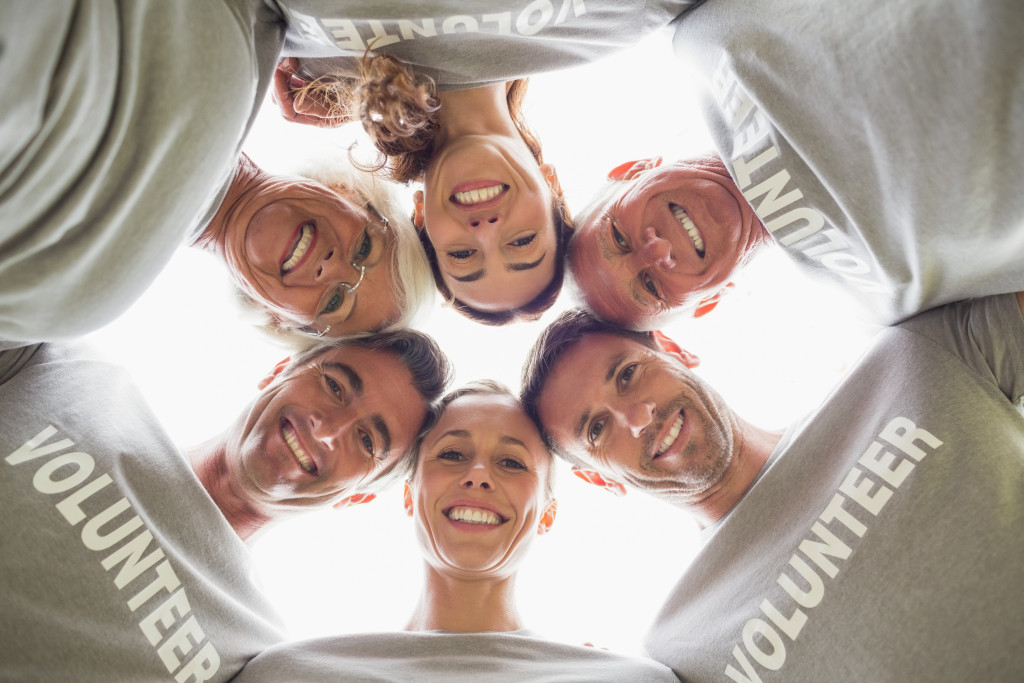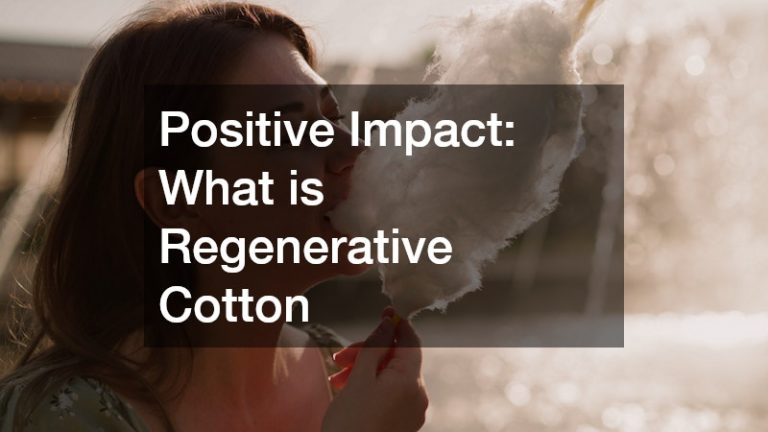Volunteerism highlights one crucial quality in every person who takes the road less traveled: the passion for serving others. There is no right way to volunteer because it can be done for the environment, animals, kids, and the sick or elderly.
A person can even choose to volunteer in outreach programs created by professional organizations should they wish to do so. The critical thing about volunteerism is that it is done out of the goodness of one’s heart, and not through coercion or compulsion.
That is how volunteering can help build a strong community—bringing the people together to achieve a common goal that can better the society they live in. Encouraging the residents of your community to volunteer can be beneficial for them as well.
It creates better humans
Those who find the desire to work in the service of others in their hearts are selfless people. They find joy in volunteerism, where other people might only find added responsibility on their shoulders. In turn, these selfless people are emotionally, mentally, physically, and socially healthier than most.
The whole point of volunteering isn’t to shame those who don’t, but rather to commend those who do. There is completely nothing wrong with not wanting to volunteer, especially if individual reasons are considered because nobody knows what personal battles these people are fighting.
Volunteerism creates empathy, and the world needs more empathetic people. Those who volunteer in different organizations and initiatives are people who understand that not everyone has the same privileges they have; that’s why they want to make the world a better place for everyone.
It gives hope to the otherwise hopeless
There are too many people stuck in helpless situations all over the world. They were either put there because of circumstance or because they were born into a disadvantage. But no matter what reason they have for being where they are, volunteering by offering companionship can go a long way.
For instance, one can assist in hospice care centers by caring for the suffering patients who may feel hopeless in their current situations. Or one can volunteer at the senior home in their community to keep the elderly company through conversation or light interactions.
Where the silver lining is brought depends on the volunteer, whether their motivation roots from previous experiences with serious illnesses, death, abandonment, and the like or if other people’s experiences inspired them.

It connects people to their community
Volunteerism impacts the community positively because it brings people together in the hopes of bettering society. This can include participating in the soup kitchen, clean-up drives in the park, or finding homes for animals from the pound.
Every small act of kindness can make a huge difference in the lives of others, even if that change doesn’t happen immediately. This gave rise to the pay-it-forward movement, in which those who receive kindness from others offer kindness to others.
By continuing such a cycle, society can automatically become more humane and accept individual differences instead of being harsh or rude. Volunteerism can create people who put in the effort to establish a common ground with others instead of pointing out the flaws that make them human.
It teaches people valuable life skills
When a person volunteers out of the kindness of their heart, they are often placed in a situation that can easily become uncomfortable or unsettling because they aren’t used to being there. But that ability to adapt to any situation can be useful in the future, especially in their career.
Many adolescents use volunteering in various community centers to gain points in their college applications. Although there are underlying motives, the act can spark a flame that will encourage them to volunteer more in the future.
Being in unfamiliar environments and providing assistance where it is needed can give a person valuable life skills, such as becoming flexible, working in teams, problem-solving, communicating effectively, and managing tasks. These are all skills that can be useful to have when they are in a professional setting.
A person can also use volunteering to gain experience before applying for employment, such as helping counselors in shelters or rehabilitative centers. Although the service they will provide is unpaid, the volunteer will be able to gain skills from the experts they are learning from.
The world needs more people who find joy in volunteering. There are enough hatred and negativity in the air for one lifetime, so aiming to hone more humane people can be a good solution to that problem. Besides, there’s nothing more rewarding or fulfilling than being able to help those in need.











